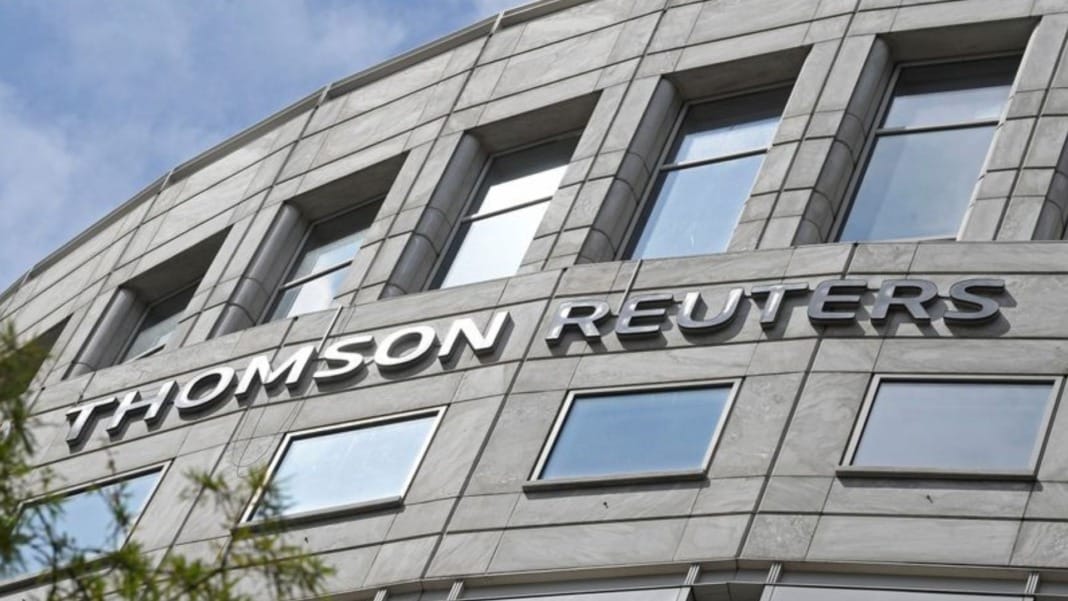On February 6, US District Court Judge Stephanos Bibas ruled in favour of Thomson Reuters in its copyright infringement case against Ross Intelligence, an AI-driven legal research startup. Initially filed in 2020, the lawsuit is one of the first major legal battles concerning the use of copyrighted material in AI training. This ruling could set a precedent for similar cases involving AI companies that use copyrighted data without permission.
Other major lawsuits against AI companies like OpenAI and Microsoft are also underway. These cases raise important legal questions about whether AI tools can claim “fair use” when training their models on copyrighted material. The outcome of these lawsuits could shape the future of AI development and copyright laws.
Court finds Ross Intelligence copied Westlaw content
Thomson Reuters, the parent company of the legal research platform Westlaw, argued that Ross Intelligence unlawfully used its proprietary content. Westlaw provides legal professionals access to case law, statutes, and regulations. Still, it includes unique editorial content such as headnotes and summaries of legal principles written by human editors. These headnotes are a key feature of Westlaw’s expensive subscription service.
In an attempt to develop its own AI-driven legal search engine, Ross Intelligence allegedly used Westlaw’s content without permission. Court documents reveal that after Thomson Reuters declined to license its material to Ross, the startup turned to a third-party company, LegalEase, which provided 25,000 Bulk Memos. These memos contained legal questions and answers based on Westlaw’s copyrighted headnotes and were used to train Ross’s AI model.
Judge Bibas dismissed Ross’s fair-use defence, stating that none of its arguments were legally valid. He emphasised how Ross’s use of Westlaw content harmed the market for the original work, as it created a direct competitor. The judge also pointed out that Ross transformed Westlaw’s editorial content into numerical data for its AI model, making it a clear case of copyright infringement.
Ross Intelligence shuts down amid legal battle
Ross Intelligence ceased operations in 2021, citing financial difficulties caused by the lawsuit. The company had previously called the lawsuit “spurious” and argued that its AI tool merely “added noise” rather than directly copying Westlaw’s content. However, the court found overwhelming evidence of direct copying.
Judge Bibas highlighted a specific comparison of 2,830 Bulk Memo questions, Westlaw headnotes, and judicial opinions, which showed undeniable similarities. He concluded the evidence was so clear that no reasonable jury could rule in Ross’s favour.
Thomson Reuters welcomed the decision, with company spokesperson Jeff McCoy stating, “We are pleased that the court granted summary judgment in our favour and concluded that Westlaw’s editorial content, created and maintained by our attorney editors, is protected by copyright and cannot be used without our consent. The copying of our content was not ‘fair use.’”
While this ruling marks a significant victory for Thomson Reuters, the broader debate over AI and copyright law is far from over. As AI tools evolve, legal battles over data usage and fair use will likely shape the industry’s future.





